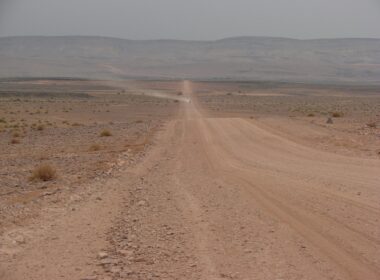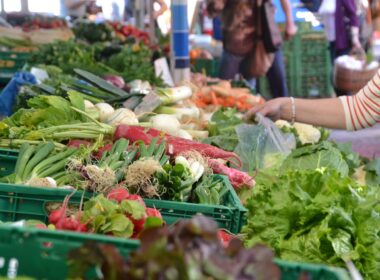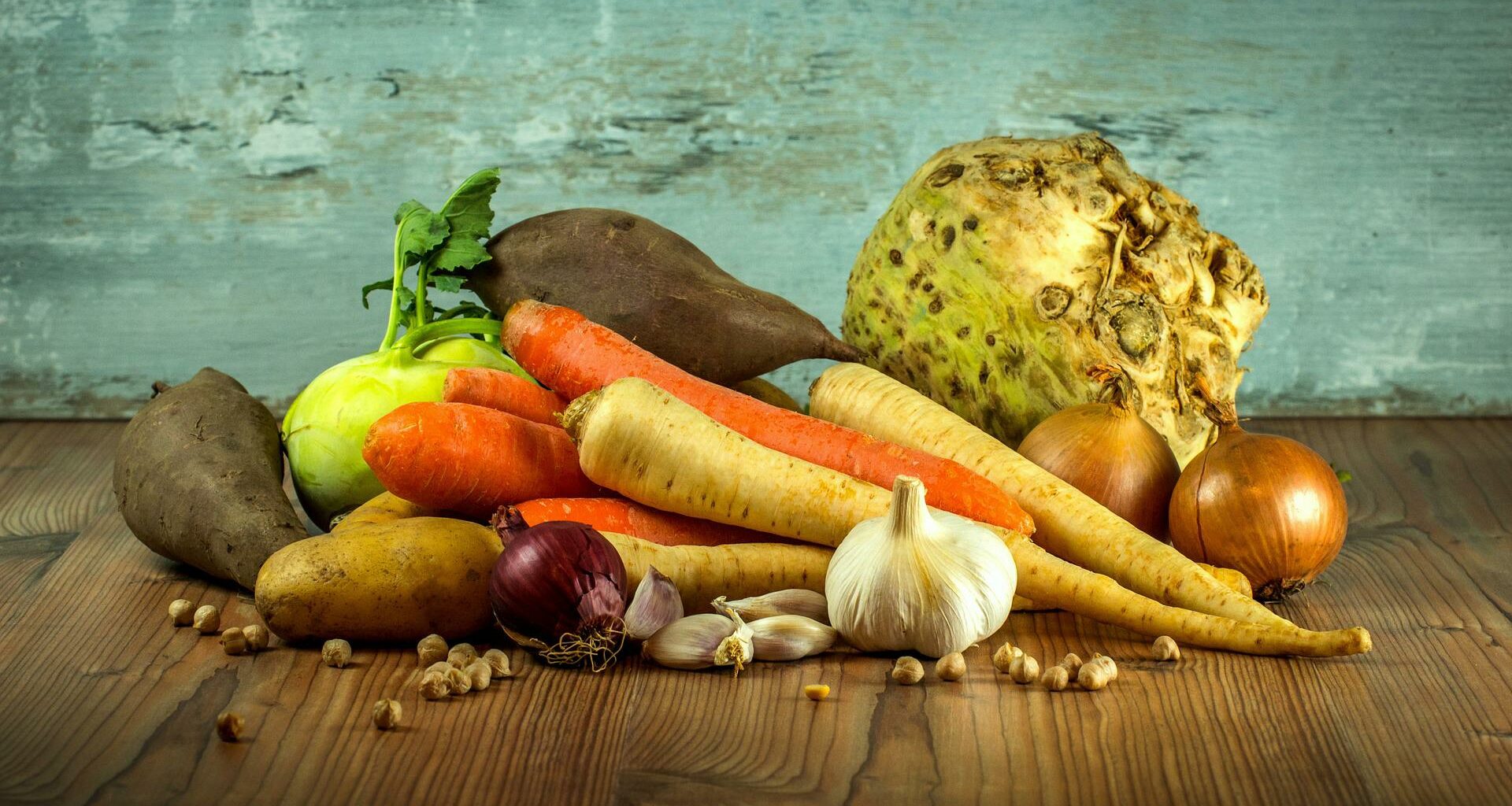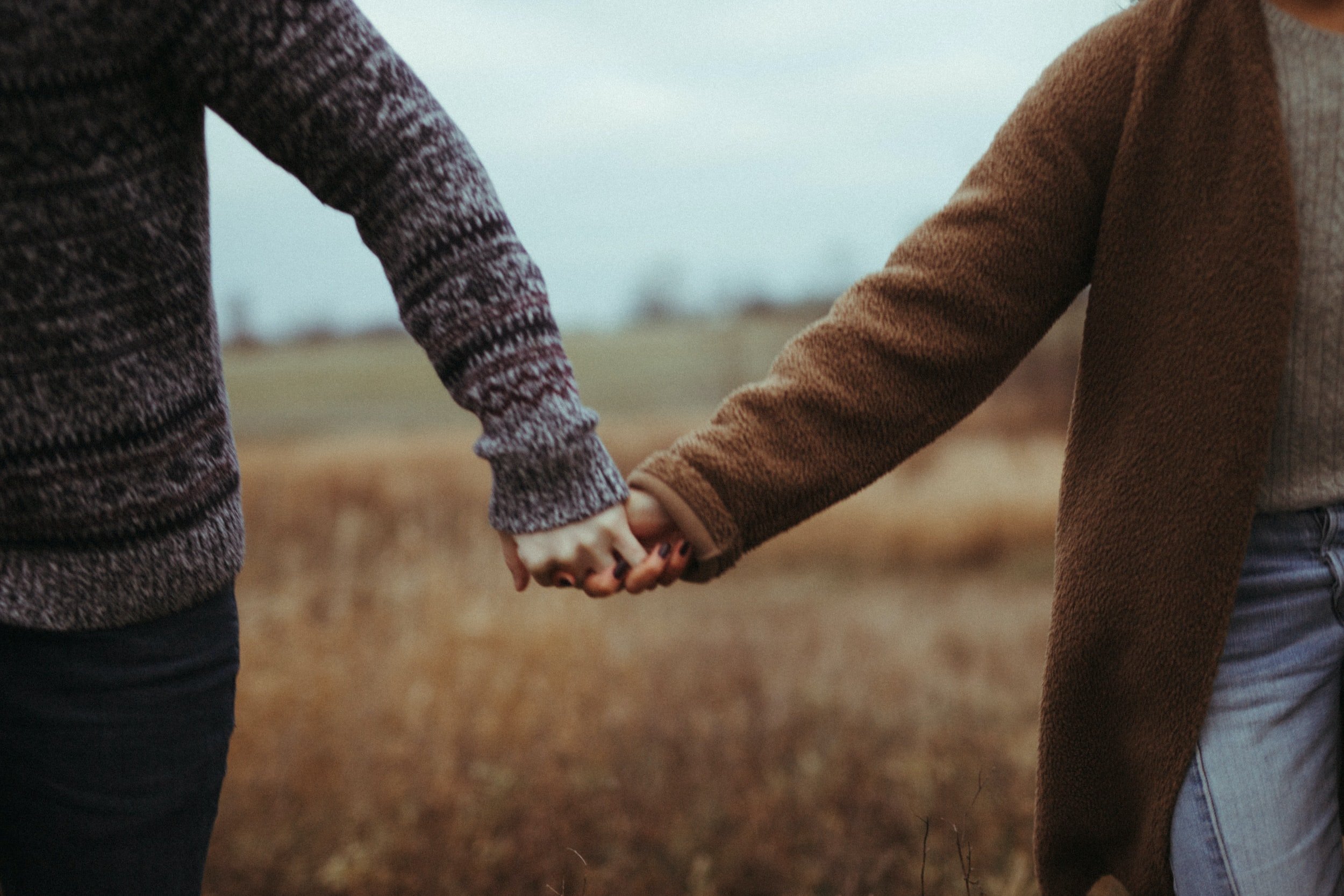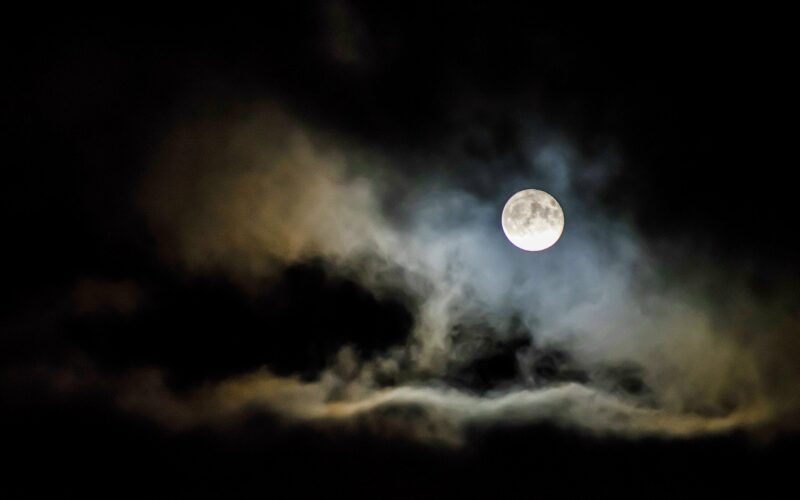Alice Waters was a lovely conversationalist. I’m assuming she still is, but my exposure was limited to one two-hour tête-à-tête when I was 25.
I would like to tell you that we stumbled across each other at the farmer’s market—how quaint, yes?—or that I saw a carrot tumble out of her bag at the subway station and merrily rescued it from the tracks. I handed her the purple heirloom, fronds flopping, and grinned as we launched into passionate conversation on the tired tradition of the French kitchen hierarchy.
Sadly, no. As most journalists, I sent her assistant an email one rainy Wednesday afternoon and asked for the privilege of interviewing the Grand Dame of farm-to-table cooking. For some inexplicable reason, she agreed, and we set a time when I would talk blubbery nonsense while she graciously served me wit and wisdom.
In advance of this interview, I plied my research skills and dug deep into the trove of Alice’s personal and professional histories. A wide-eyed Francophile, her life’s loves blended well with my passions for travel—particularly in Europe—and exploration of both local culture and culinary idiosyncrasies. In my digging, I uncovered a romantic little fact about Ms. Waters: Shortly after college, she spent time in France living at the steps of a market street. Who said the universe doesn’t feed our fate?
As I jotted down copious notes about Alice’s colorful past—including her full-throated activism during the Free Speech Movement in Berkeley and work on the political campaign for anti-Vietnam War candidate Robert Scheer—I stretched for more commonality. Years before, I walked across the very square where Mario Savio led protests in the ‘60s. Surely, Alice had been there, too—bell bottoms flapping and a peace sign waving above her head.
But perhaps more importantly, I walked by her iconic Chez Panisse restaurant daily, scouring the menu and lusting after prix-fixe meals. As we chatted, I could casually call out specific dishes and question their provenance. I could even ask where she sourced her carrots.
I remember thinking: Would these experiences enough to bond us?
The day of the interview, I spent an hour studying my notes and re-formulating questions. I thought of different ways I could ask them and mapped out backup questions if her answers were wholly unexpected. I drank coffee and more coffee, my eyes bulging at the computer screen and my fingers rat-at-ating on the side of thermos. As my mind surged, the clock ticked closer to the interview hour.
An eternity later, it was time.
I had rehearsed my opening line many times. I would be jovial and friendly as I introduced myself. I would make some quip about her busy interview schedule, then offer a hasty tour of our small-time publication:
“Hello, Ms. Waters, it’s so lovely to finally talk to you. I really appreciate you taking the time today—no doubt you’re inundated with interview requests. Is this still a good time to talk? Wonderful. Let me tell you about DiningOut magazine…”
The salutary chitchat on the record, I would slide into my probing interview. Questions about the peace movement, about carrots, about restaurants and education. Every so often, a joke about “Iron Chef” or Alton Brown.
But—and you would never believe it—that is not what happened. Alice, sipping coffee in a far more measured and graceful way than I, began asking me questions immediately.
“What is your publication about?”
“What do you do?”
“What is your background?”
Within 30 seconds, she had co-opted my interview.
Let’s be clear on this, though: I hardly noticed. What’s more, the sheer anticipation of our conversation knotted me up so badly I don’t think a scripted interview would have amounted to much more than me pummeling poor Alice with prefab questions. The culinary inquisition.
Instead, she gently led me through a chat we might well have had on her porch on Saturday morning. We talked about food, of course, but her take was far more philosophical than most. You could practically see her looking upward, eyes squinting, mind craning, as she explained the inception of her “Edible Gardens”—the blending of Montessori instruction and her passion for culinary education. Or how chefs must first be teachers and why simplicity should always be the guiding light in a kitchen.
Later, when she spoke about sourcing ingredients—either from one’s own garden or from the neighborhood farmer’s market—you could tell she meant it to be an experience. The act of growing one’s own food was life-giving, she instructed. And if you can’t manage that, support those who grow their own food—make it a sustainable practice that outstrips the financial advantages monolithic grocery chains have.
She was unwaveringly serious, never punctuating with a chuckle or closing with a joke. Food was serious—is serious—for Alice. And more than just sustenance, it is how we identify ourselves, which affects our self-image. Think, she said, of the children who grow up eating fast food because they can’t afford anything else. Not only do they struggle with socioeconomic disadvantages, but they suffer from poor body image and an ingrained belief that they do not deserve good food. Nothing, Alice said, can be further from the truth.
Two hours later, catching the clock, I sheepishly apologized for taking so much of Alice’s time. And yet, I confessed, there was so much more I wanted to know: The origins of her political activism, her impression of UC Berkeley in the ‘60s, her thoughts on the development of American food policy.
But as any good meal comes to an end, so, too, our interview resolved into its final course. For a wide-eyed nobody like myself, I firmly believed that this would be my only shot at soaking in the wisdom of a culinary icon and lamented as much to Alice. She disagreed, however. “Let’s talk again later,” she said. At a farmer’s market, in the garden, in the kitchen, on the porch.
With what I imagine was a gentle bow, she said her final goodbyes and ended our call. Off she went on to prepare the evening’s menu and scour the Berkeley markets for salad fixings.
I did her one better, though; I got to tell the maven’s inspirational story to an audience of 40,000-some readers. I got to say, in culinary circles the city over, “Alice Waters? Oh yeah, I know her. We’ve chatted. Good friends, you know.”
My only lament? I still haven’t lived out my fantasy of saving her lost carrot.
